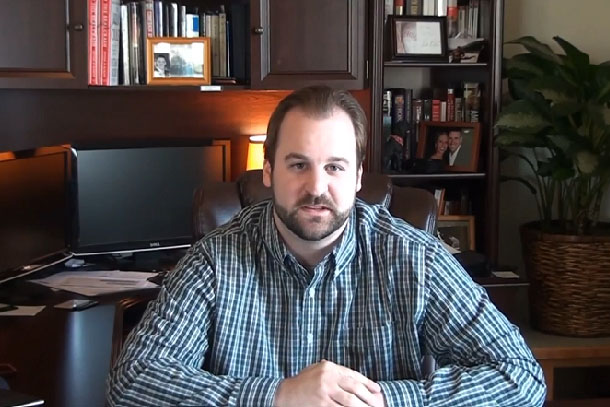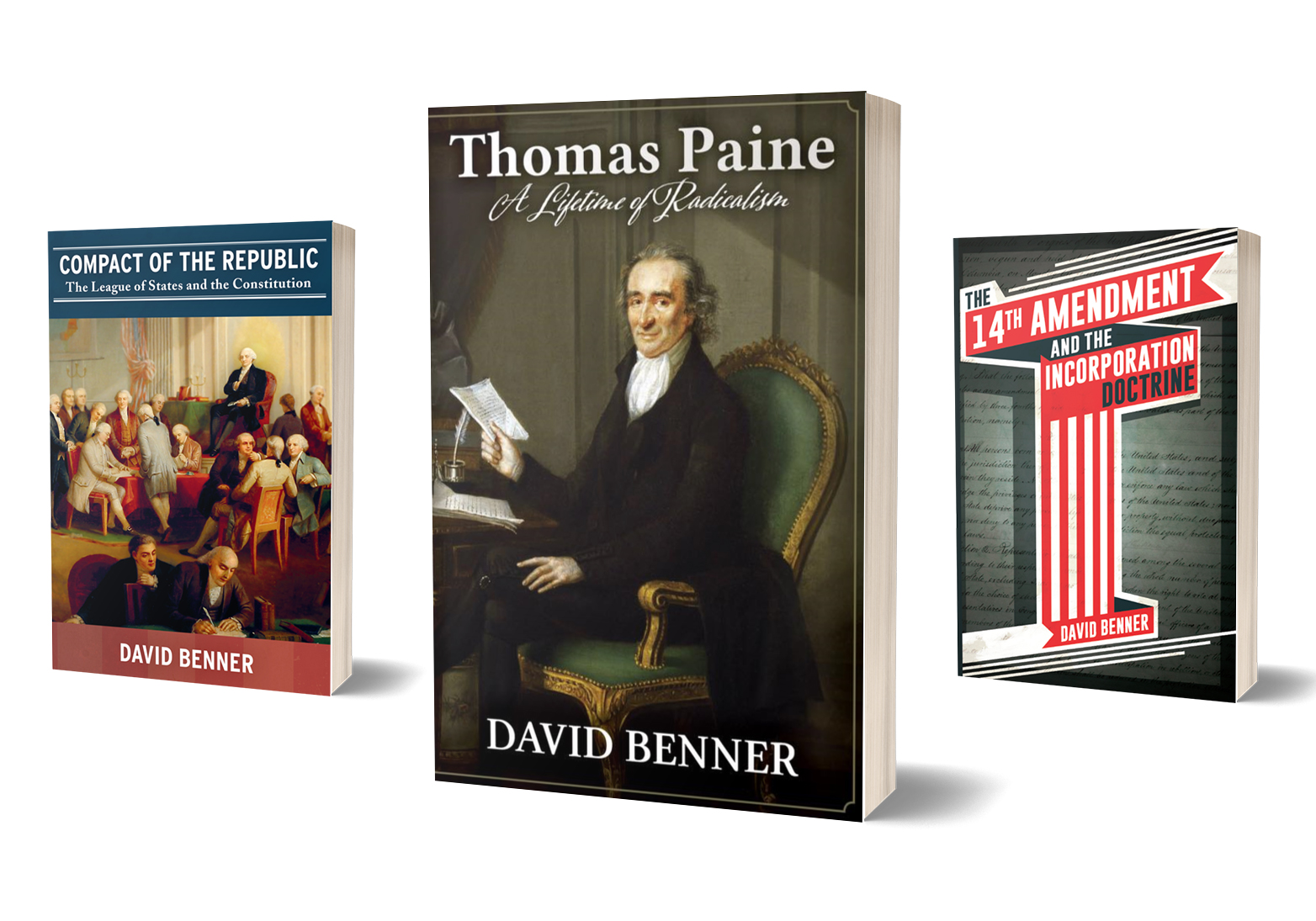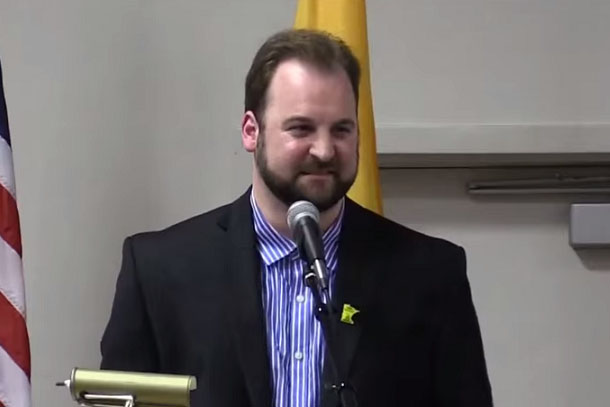About Me
Dave specializes on topics related to the United States Constitution, founding principles, and American history...

Dave specializes on topics related to the United States Constitution, founding principles, and American history...

Enter my online shop to purchase all of my published works, including Thomas Paine: A Lifetime of Radicalism...

Dave contributes to the Tenth Amendment Center, Mises Institute, and makes many podcast appearances...
“I tell you we will cut off his head with the crown upon it!” These were the words of Oliver Cromwell, demanding the life of King Charles I after the English Civil Wars. But what led Cromwell to take such a radical stance, and how did he rise from obscurity to wield such immense power?
The severance of the American colonies from Great Britain began, in large part, over the constitutional implications of British taxation. However, a concerted tax revolt in the early 1790s, the Whiskey Rebellion, was viewed as an existential threat to the fledgling United States.
As one of the first pieces of legislation under the United States Constitution, the Judiciary Act of 1789 created a branch of government that did not exist under the Articles of Confederation. However, the law contained several aspects that proved controversial.
John Jay returned from Britain in 1794, carrying with him treaty that normalized relations between the United States and its former mother country. He was greeted to a hero’s welcome by the Federalists, but was held in contempt by Republicans. The country became bitterly divided, and Jay’s likeness was hung in effigy in every corner of the country.
Of all things, the most controversial issue of President George Washington’s first term swirled around a bank. While Alexander Hamilton championed the establishment of the First Bank of the United States, Thomas Jefferson believed it would endanger liberty, ignite a constitutional crisis, and set a dangerous precedent.
In 1778, the young American states secured a vital alliance with France, helping to overcome the British in the War for Independence. By 1797, that alliance crumbled and war between the United States and France seemed inevitable. But how did things change so quickly?